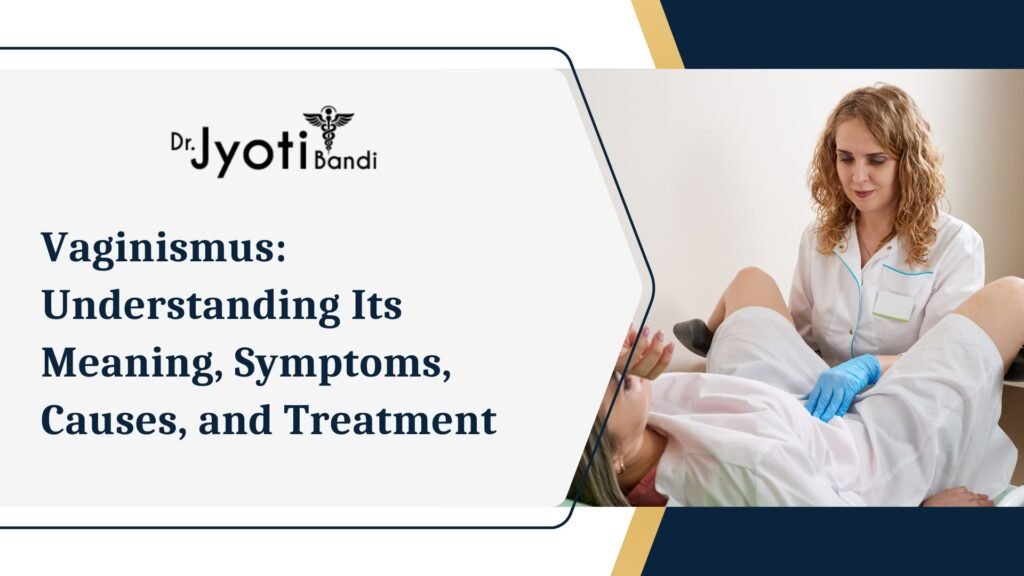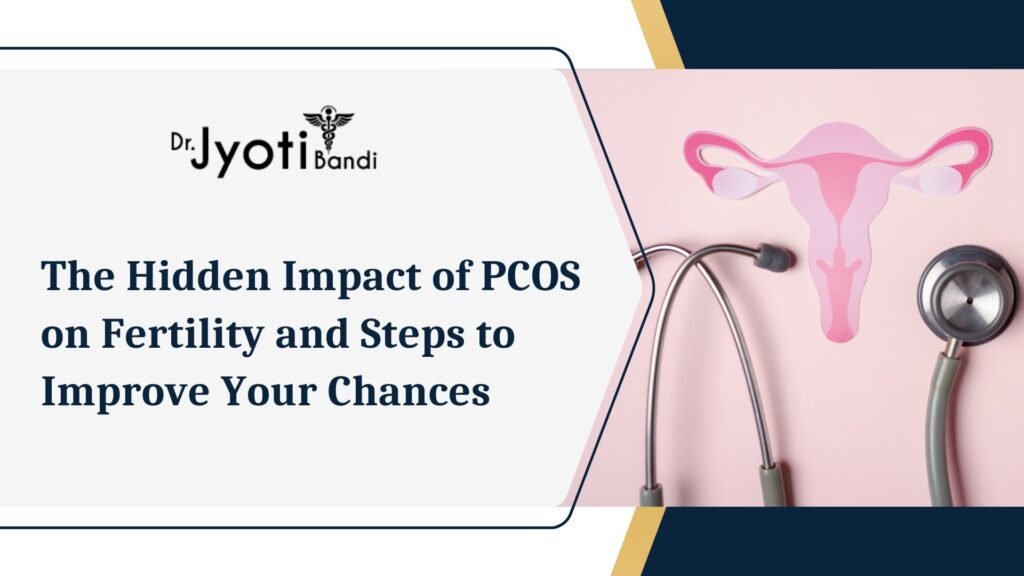Hormones, Stress & Acne: Why Your Skin Breaks Out Monthly | Best IVF & Gynecologist in HSR Layout
Insights from Dr. Jyoti Bandi – Best IVF Specialist in HSR Layout
Do your breakouts seem to appear at the same time every month—especially before your period or during stressful weeks? You’re not imagining it. According to Dr. Jyoti Bandi, the Best IVF & Gynecologist in HSR Layout, recurring acne is often a visible sign of deeper hormonal imbalances and stress-related changes in the body.
Do your breakouts seem to appear at the same time every month—especially before your period or during stressful weeks? You’re not imagining it. According to Dr. Jyoti Bandi, the Best IVF & Hormonal Health Specialist in HSR Layout, recurring acne is often a visible sign of deeper hormonal imbalances and stress-related changes in the body.
Hormones and Monthly Breakouts
Our hormones fluctuate throughout the menstrual cycle, especially estrogen, progesterone, and androgens like testosterone. These shifts impact your skin in ways you can feel—and see.
Dr. Jyoti Bandi explains that in the second half of the cycle (especially the week before menstruation), increased progesterone and testosterone can:
- Stimulate excess oil (sebum) production
- Clog pores
- Trigger inflammation, leading to breakouts
This is why many women develop acne along the chin, jawline, and cheeks just before their period.
The Role of Stress
Stress isn’t just an emotional burden—it affects your hormones, too. Stress raises cortisol levels, which in turn:
- Aggravates oil gland activity
- Weakens the skin’s immune defenses
- Worsens inflammation and acne severity
Chronic stress can throw off your hormonal balance even further, creating a cycle of breakouts that feels impossible to break.
Why Does It Happen Every Month?
Dr. Jyoti Bandi notes that monthly acne is commonly linked to cyclical hormonal changes. But for some, regular patterns of lifestyle stress—like work pressure, travel, or poor sleep—can align with their cycle, amplifying the problem.
What Can You Do?
Dr. Jyoti Bandi recommends a multi-pronged approach:
- Track Your Cycle and Breakouts
Mapping when your skin worsens can help pinpoint hormonal or lifestyle triggers. - Personalized Skin Care
Gentle cleansers, retinoids, and ingredients like salicylic acid can help prevent clogged pores. - Hormonal Evaluation
If breakouts are severe or persistent, a hormonal workup may be necessary. Underlying PCOS or progesterone imbalances might be contributing factors. - Stress Management
Mind-body practices such as yoga, deep breathing, or simply maintaining consistent sleep can help regulate both cortisol and estrogen levels. - Targeted Treatments
For hormonal acne, Dr. Jyoti Bandi may recommend oral contraceptives, anti-androgens like spironolactone, or other advanced hormonal therapies tailored to your needs.
Why Consult Dr. Jyoti Bandi?
With her unique expertise in both fertility and hormone-related skin concerns, Dr. Jyoti Bandi offers a comprehensive, compassionate approach to treatment. Recognized as the Best IVF & Gynecologist in HSR Layout, she helps women decode the hormonal signals behind their skin and reproductive health struggles.
Conclusion
Monthly breakouts are often more than just a skincare issue—they’re a reflection of hormonal and emotional imbalances. If you’re tired of recurring acne or suspect it may be linked to your cycle or stress, it’s time to seek expert guidance.
👉 Watch now to learn how hormones and stress impact your skin—and what you can do about it: https://youtube.com/shorts/1H1a7-ImXkU?si=M67PZfcFkwOgVWQ-


